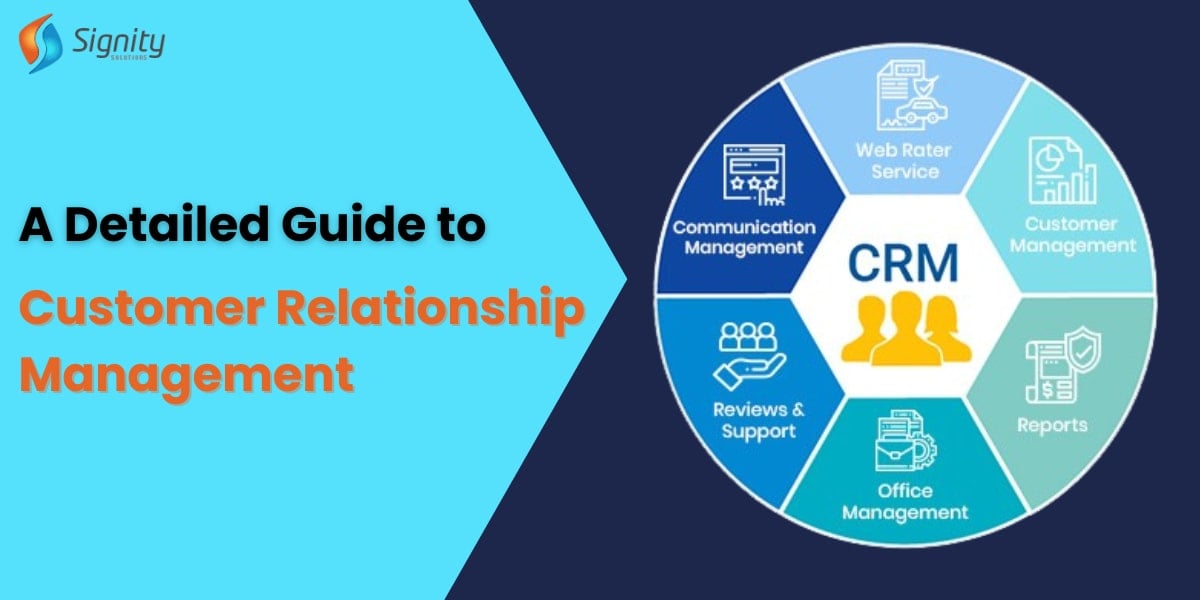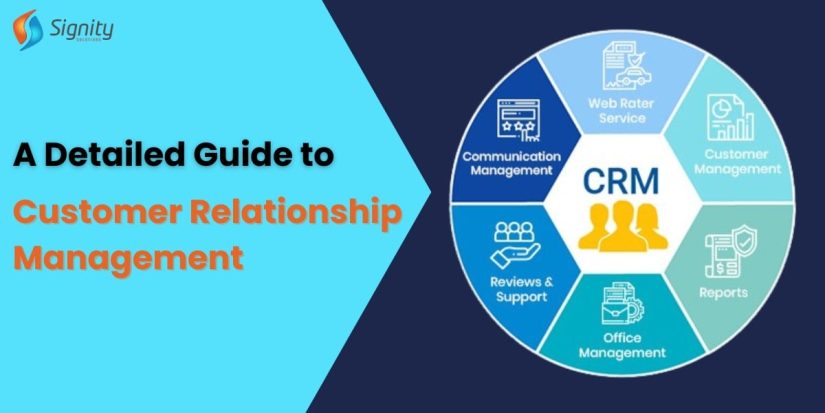
Implementing CRM: The Essential Element for Improving Customer Relationships via Strategic Training
For entrepreneurs looking to enhance customer engagements, embracing a Customer Relationship Management (CRM) system is not merely a choice — it is a crucial initial step. Yet, simply investing in a robust CRM platform will not maximize outcomes. The key factor for successful CRM implementation hinges on thorough and strategic training that equips teams to leverage the full capabilities of the technology.
In this discussion, we delve into why CRM training is a vital aspect of the implementation process and how entrepreneurs can establish an outcome-focused training program that fosters long-term business growth and customer loyalty.
Recognizing the Significance of CRM Features
Before team members can leverage a CRM system to its fullest, they must grasp its primary features. A CRM system transcends being a mere digital contact list — it serves as a cohesive tool that organizes customer information, tracks engagements, automates processes, and delivers valuable insights through data analysis.
Training should commence with a hands-on demonstration of the CRM’s essential functions. Employees who comprehend how the system enhances their daily tasks, from lead management to automating follow-ups, are more inclined to recognize its importance.
Informing teams about CRM capabilities promotes system acceptance across various departments. More critically, it minimizes operational mistakes and encourages uniformity in customer interactions, ultimately improving the caliber and effectiveness of customer service.
Developing a Robust CRM Training Framework
A well-organized and detailed training plan is vital for successfully onboarding a CRM system. Entrepreneurs should approach CRM training with precision by dividing the curriculum based on roles within the organization. This ensures that each team member learns how the CRM is applicable to their responsibilities, whether in sales, marketing, or support.
Utilizing real-life scenarios and case studies relevant to the business can help employees connect with the new system. Interactive examples ensure that training is grounded in practical applications rather than just theory. The training pace should avoid overwhelming participants and allow for feedback and reinforcement.
This approach not only improves retention but also elevates engagement levels, ensuring that the team remains committed to the CRM system’s success.
Promoting Ongoing Practice and Practical Application
After training concludes, regular usage is essential for mastering CRM platforms. Practice enables teams to transition theoretical knowledge into real-world proficiency. Frequent utilization of the system in daily operations fosters user confidence and reveals areas requiring additional support or clarification.
Entrepreneurs should create avenues for employees to implement CRM skills in actual business processes. Metrics and feedback systems can identify strengths and weaknesses, informing continual training efforts.
Moreover, sharing knowledge among colleagues can cultivate a collaborative learning environment. Peer discussions regarding tips, challenges, and solutions create a vibrant ecosystem of ongoing education, leading to improved workflow efficiency and innovative applications within the organization.
Leveraging CRM Vendor Resources to Enhance Learning
CRM vendors present an invaluable asset for training resources and user assistance. From webinars and video guides to detailed documentation and customer support services, vendors offer a wealth of tools to facilitate implementation.
Entrepreneurs should actively interact with their CRM vendors to remain informed about system updates, new features, and best practices. This ensures that the company remains at the forefront of CRM capabilities and maximizes its software investment.
Encouraging teams to utilize resources provided by vendors empowers employees to find solutions independently and stay updated on the system’s evolving functionalities.
Tracking Progress and Assessing CRM Effectiveness
The concluding step in establishing a successful CRM ecosystem involves implementing a performance evaluation system. Key Performance Indicators (KPIs) such as user adoption rates, data precision, customer response times, and lead conversion rates can assist entrepreneurs in assessing whether their CRM training is leading to meaningful business results.
Routine assessments and feedback sessions offer insights into team performance, helping to identify training gaps. Acknowledging milestones and recognizing employee accomplishments further emphasizes the strategic significance of CRM utilization. Ultimately, this fosters measurable business growth and stronger customer connections.
Wrapping Up
Implementing a CRM system establishes the groundwork for exceptional customer engagement, yet its true benefits are realized through adequate employee training. Entrepreneurs must ensure that their teams grasp the system’s features, effectively integrate it into workflows, and consistently hone their skills through practice and vendor interaction.
When businesses prioritize CRM education, they enhance internal productivity and improve the customer experience — positioning themselves for sustained success in a competitive environment.
Through steady training, collaboration, and performance evaluation, entrepreneurs can lead their teams confidently in generating returns on CRM investments and optimizing every customer interaction.
